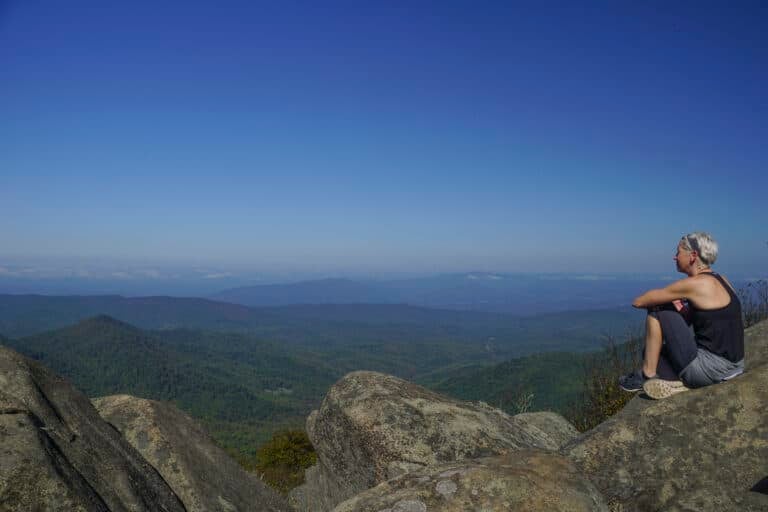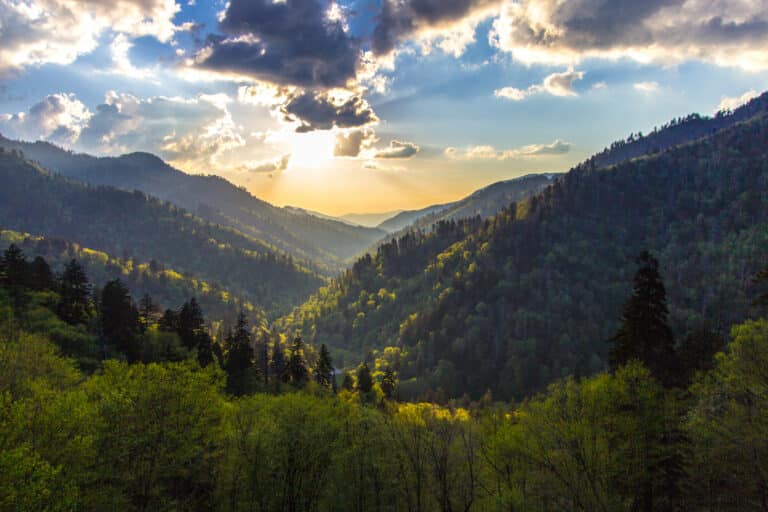Parking along Joyce Kilmer Memorial Forest Road is now prohibited
Visitors to the Joyce Kilmer Memorial Forest should be aware that parking or leaving a vehicle along the Joyce Kilmer Memorial Forest Road (FSR 416) is now prohibited. This access road to the popular destination is very narrow and has almost no shoulder. Normally there is sufficient parking in the parking lot. The recent increase in visitation has led to roadside parking which creates a hazardous condition for other vehicles that are entering or exiting the parking lot. For more information and to see the closure order on our website click here .
West Virginia State Park campgrounds open May 21 to West Virginia residents
West Virginia’s state parks and forests will begin reopening to state residents on May 21. Campgrounds will open on May 21 and cabins and lodges will open on May 26. Overnight facilities will only be open to West Virginia residents. Most day-use areas remain open to the public.
“Our first and most important priority at this time is making sure our guests, visitors and staff are safe,” West Virginia State Parks Chief Brad Reed said in a press release. “We want to thank the Governor and our state’s health officials for leading us through this crisis and providing the guidance and resources we need to start reopening our parks and forests.”
North Carolina’s DuPont State Recreational Forest begins phased reopening
Western North Carolina’s DuPont State Recreational Forest has begun a phased reopening. During the first reopening phase, access to the forest is limited to areas with “movement-focused” activities,” Mountain Xpress reports, and most of the trail system is open. The forest will be open daily from 5 a.m. until 10 p.m. Portable toilets are available, but permanent restrooms will remain closed during phase 1.
Visitors are asked to comply with social distancing and CDC recommendations and guidelines. Continued public access is contingent upon visitor behavior.
Amid pandemic, global carbon emissions drop 17 percent
The coronavirus pandemic has scaled back economic activities and forced much of the world to stay home. That sudden stop in business as usual has had major impacts on global carbon emissions. An analysis published Tuesday in the journal Nature Climate Change estimates that carbon dioxide emissions around the globe dropped 17 percent compared to daily global averages from 2019.
“Globally, we haven’t seen a drop this big ever, and at the yearly level, you would have to go back to World War II to see such a big drop in emissions,” Corinne Le Quere, a professor of climate change science at the University of East Anglia in the U.K., and the study’s lead author, told CNN. She points out, however, that “this is not the way to tackle climate change… we need to tackle it by helping people move to more sustainable ways of living.”








